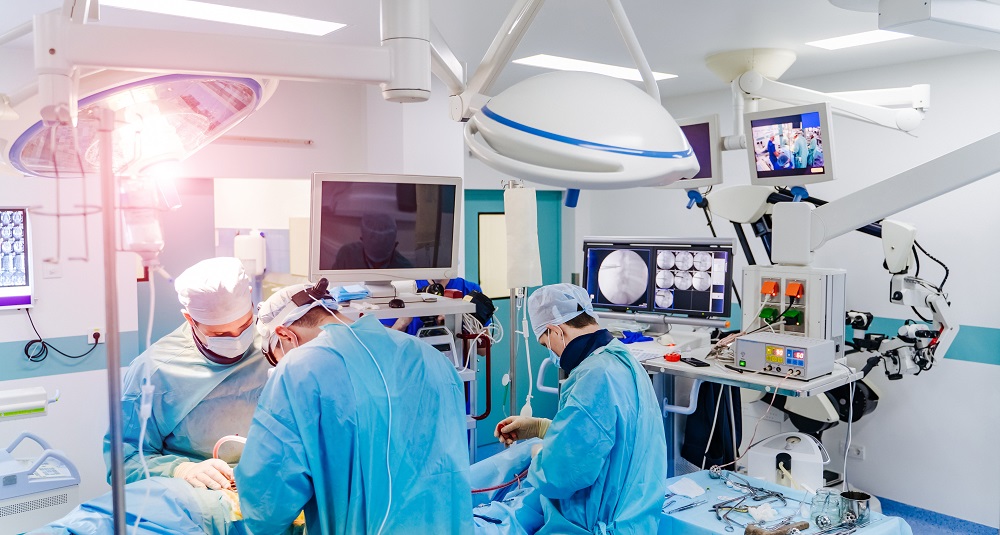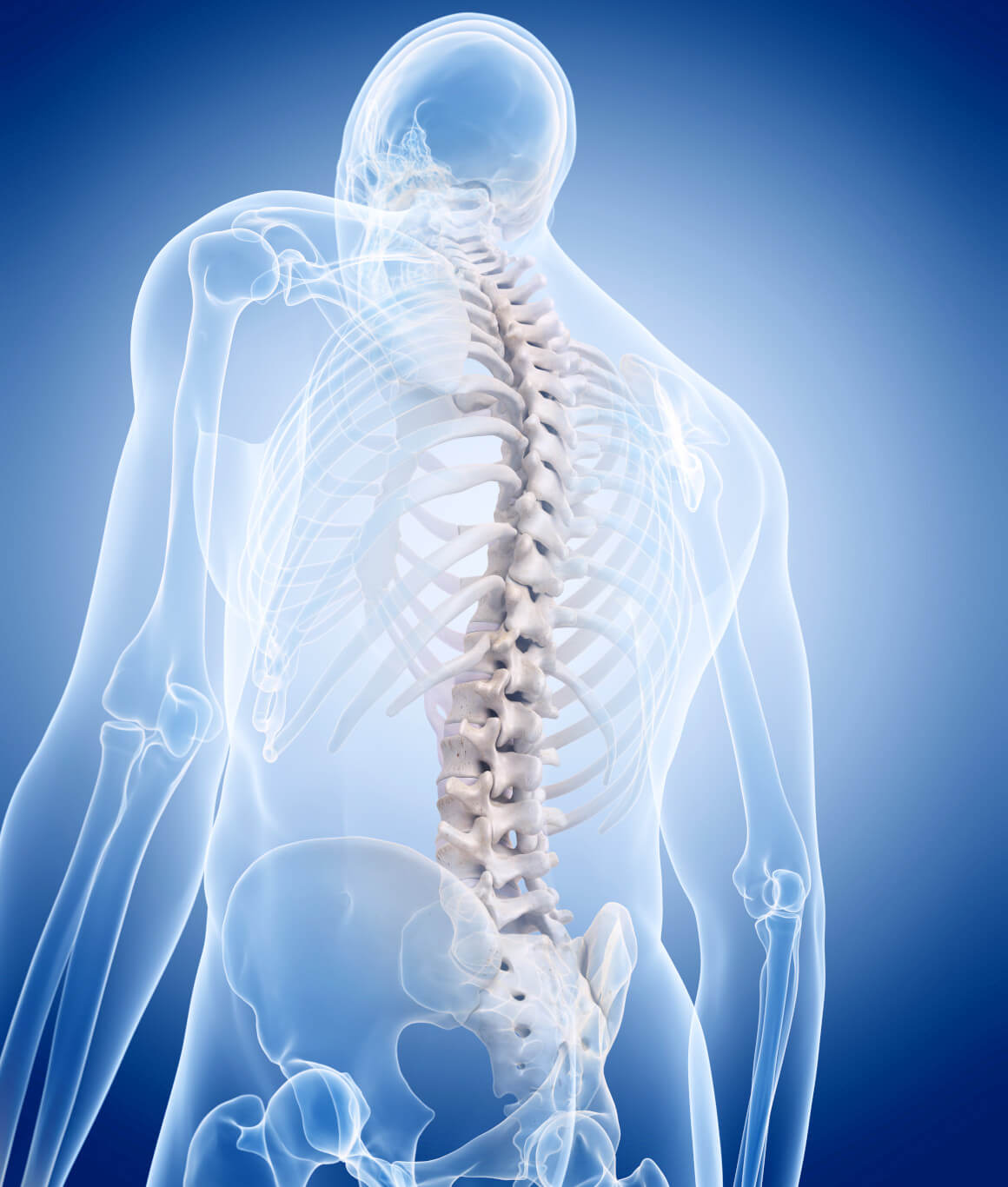Spinal Surgeon New Jersey
Cervical Spine Surgeon Manhattan

Spine surgeons treat a variety of spine conditions, such as disc herniations, fractures, or spinal stenosis. Often, the location in the spine is included in the name of the condition. The causes of these conditions often varies but often result from disease, trauma, or degeneration.
Image Guidance Technology may be used by your surgeon to create an image of your spine during surgery. The surgeon can perform the surgery with greater accuracy and precision by using this technology. This reduces the possibility of non-union or failure fusion, making it the best technique for doctors who perform minimally invasive spinal surgery.
The type of procedures that spine surgeons perform varies depending on whether the doctor is an orthopedic or neurosurgeon. Both types of surgeons may perform the exact same procedures. However, certain procedures may be better suited for a specific specialty. Due to their expertise in central nervous system conditions, neurosurgeons might be better equipped to treat spinal cord tumors. Orthopedic surgeons that specialize in spinal surgery may also be more likely to treat spinal problems such as scoliosis. It is possible that orthopedic surgeons are more inclined to perform complex procedures.

